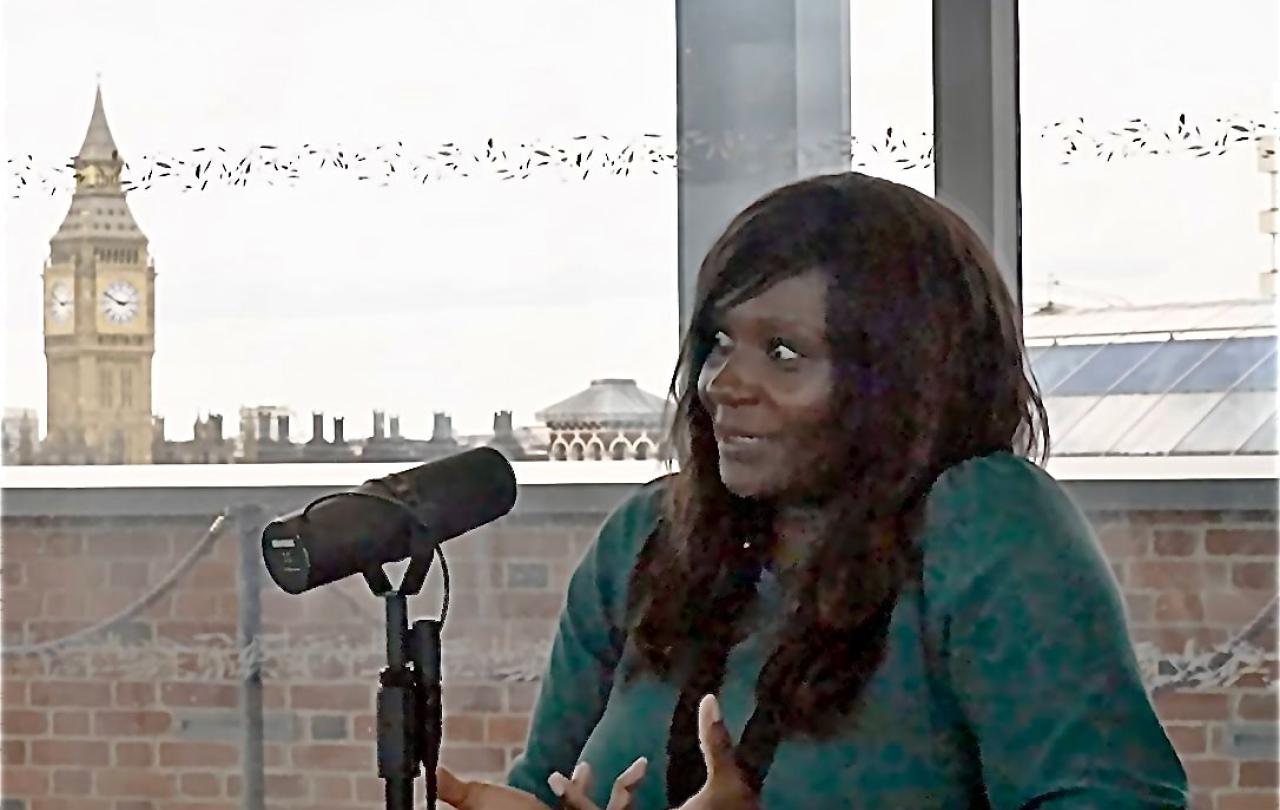It's certainly not perfect. There are definitely things that are uncomfortable on the show – the portrayal of women, for one thing, often misses the mark in TOS. But I do think it represents a beginning, a promise that things can get better. I’m reluctant to write any line that begins “for its time”, but I think there is something in that here. I also defer to the judgement of someone who was actually there, contributing to the formation of the Star Trek universe: Nichelle Nichols, who played Lt. Uhura. She wrote compellingly about the importance of diverse representation in the cast and what it meant to viewers in her autobiography Beyond Uhura. She reflected there:
Like all of Gene’s characters, Uhura embodied humankind’s highest values and lived according to principles that he was certain would one day guide all human endeavor. In Star Trek Gene created a work of fiction through which he communicated a timely, yet timeless message about humankind’s power to shape its future. But most important, he gave that vision to the world: to writers, to enlarge upon; to directors, to dramatize; to actors, to personify and make real; and to audiences, to enjoy, cherish, and incorporate into their own hopes for the future and for humanity.
For all its flaws, TOS set up a universe where we could see a better and fairer future for ourselves. In this early series, there are certainly problematic elements that would be written differently today. But there is, at least, hope.
What speaks most clearly to me is the idea of stewardship. For those unfamiliar with the franchise, it began when TOS originally aired in 1966 and follows the crew of the star ship Enterprise on a five-year exploratory mission through space. On the bridge, Captain James T. Kirk is accompanied by some of the best crew Starfleet has to offer. We follow them through the stars, visiting new people(s) and places and getting into an uncanny number of scrapes.
Airing in 1987, The Next Generation shows us the new and improved Enterprise is now captained by Jean-Luc Picard and a whole new crew with new skills and talents but the principles are the same – a crew that looks out for one another and their ship, caring for their home away from home. The Enterprise changes and different people take the helm, but the common goals remain.
Perhaps if we contemplate our world to be something like this: if we consider that we might each be given a collective opportunity to hold the fate of our planet, how should we act to make sure that we hand over the best possible future to those that come next? What do we pass on to our literal next generation? What morals, what values? What hope for a future in which we both survive and thrive? This, I think, is the crucial point
There are some key messages that we can draw from Star Trek’s view of our future. Captain Kirk frequently talks fondly of an Earth that has eradicated poverty and many unjust power structures. What might need to change for us to get to a position where we hold the same values? Where might we need to sacrifice personal gain in order to create a more sustainable world? I cannot help but think that we are not acting on this as quickly as we should be. The BBC recently published an article focusing on the episode of Star Trek: Deep Space Nine in which 2024 is shown to be a year of riots and unrest on Earth. Even in our sci-fi not-quite-utopian future, our progress is slow.
I’d like to conclude with a reference to the 2009 movie reboot of Star Trek. Captain Pike says to a young Jim Kirk:
“your father was Captain of a star ship for twelve minutes. He saved eight hundred lives, including your mother's. And yours. I dare you to do better.”
What if we looked at our stewardship of our planet in the same way? We briefly, collectively, have a chance to make a difference. We have a chance to do better. We need, therefore, to boldly go.



